From the Rev: Paper Thin

Mary Willingham spoke with ESPN about UNC athletic academic practices which raised an internet maelstrom earlier this week.
This past week, a story broke about an incident a few years ago at the University of North Carolina where a student-athlete was awarded an A- grade for a ten-sentence paper. The story went viral as did the criticism surrounding the “paper classes” that seemed to be part of the college landscape to prop up collegiate athletes and keep them on the field in spite of poor academics. In recent days, further details have come to light on the story. The stories themselves beg a couple of questions, firstly we might ask, “What is truth?” in the same vein that Pilate once asked that famous philosophical question. I have come to learn in my time in the world that the truth (as conveyed by humans) is usually somewhere between two extremes as we turn and twist the truth for our own means and our own gains.

Rebecca Herrera signs a letter of intent with Texas A&M (2008).
But, in spite of the broadcasting faux pas of ESPN, there has always been suspicions around collegiate athletes having different standards or special treatment when it comes to academics and sport. It is no secret that Division-I college athletes usually have access to free tutoring and other resources as a part of scholarship benefits. My own sister-in-law, Rebecca Herrera, on scholarship with Texas A&M (2008/2009) women’s soccer program and experienced some of the offerings that a Division-I college athletics academic support.
Being a student athlete was like having a job – going to classes, practices, travel. The expectations of doing well in classes and doing well in athletics…the amount of effort in doing both of those things well was difficult…

Rebecca Herrera (#9, Texas A&M) defends in a game against the Florida Gators.
The weight of those expectations is not shouldered by athletes alone, there is a lot of support from the schools that provide scholarships to their athletes. Herrera went on to describe some of the other assistance that was afforded to her as an athlete to help ease the burden and manage playing for the girls soccer team,
Student athletes had some privileges including priority for signing up for courses, an academic center where we could access tutors and other people to help manage our academic load, and there were some classes that could be taken that consisted of just an online exam…
Whilst the argument might be made that student athletes are in need of greater support because of the demands, there are those upset by the practices both professional and student, alike. While it is beyond the scope of my writing to enter into that argument, I do want to make a clear appeal – the existence of these courses and the academic system in general is not (in my estimation) helping to prepare the student-athlete for life beyond college and sport in general. There is a severe handicap, in fact, when schools place such a high importance and value on sport over the academic. I acknowledge that some schools are working to change this perception and others are working to change the practice.

When I mentioned some of my role as a chaplain to my sister-in-law, she relished the thought,
I think a team chaplain would have really helpful in college. Just even to work through some of the difficult decisions and to learn how to handle some of the (ethical) issues that we faced as student-athletes.
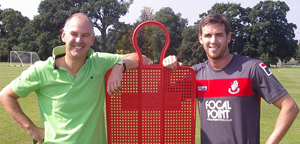 If helpful at a collegiate level, you can imagine how much more helpful at a professional level. I am coming to realize more and more, that some of my work as a chaplain is to help the young men that I work with to become more solid in life and not just in academics, but in life and faith. Part of my role is helping them in the process of going from boyhood to manhood. Helping them to become real men – men of integrity, men of faith, men of honor, men of valor – men that are not, paper thin.
If helpful at a collegiate level, you can imagine how much more helpful at a professional level. I am coming to realize more and more, that some of my work as a chaplain is to help the young men that I work with to become more solid in life and not just in academics, but in life and faith. Part of my role is helping them in the process of going from boyhood to manhood. Helping them to become real men – men of integrity, men of faith, men of honor, men of valor – men that are not, paper thin.
Blessings,
Rev. Brad Kenney
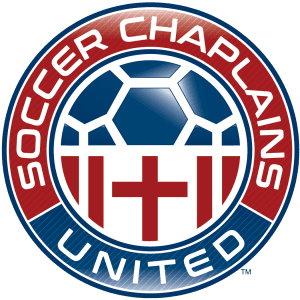


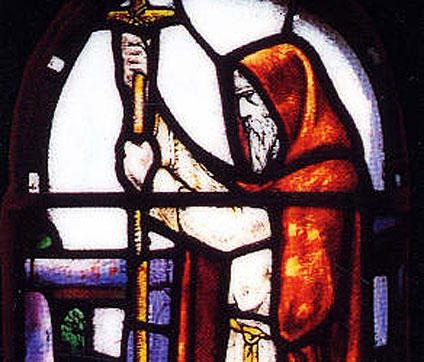
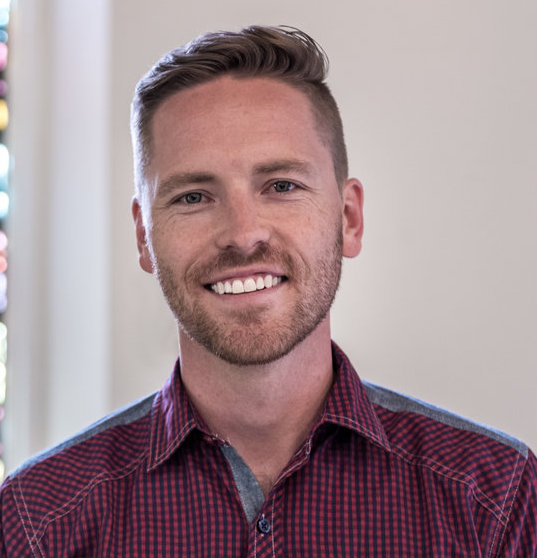


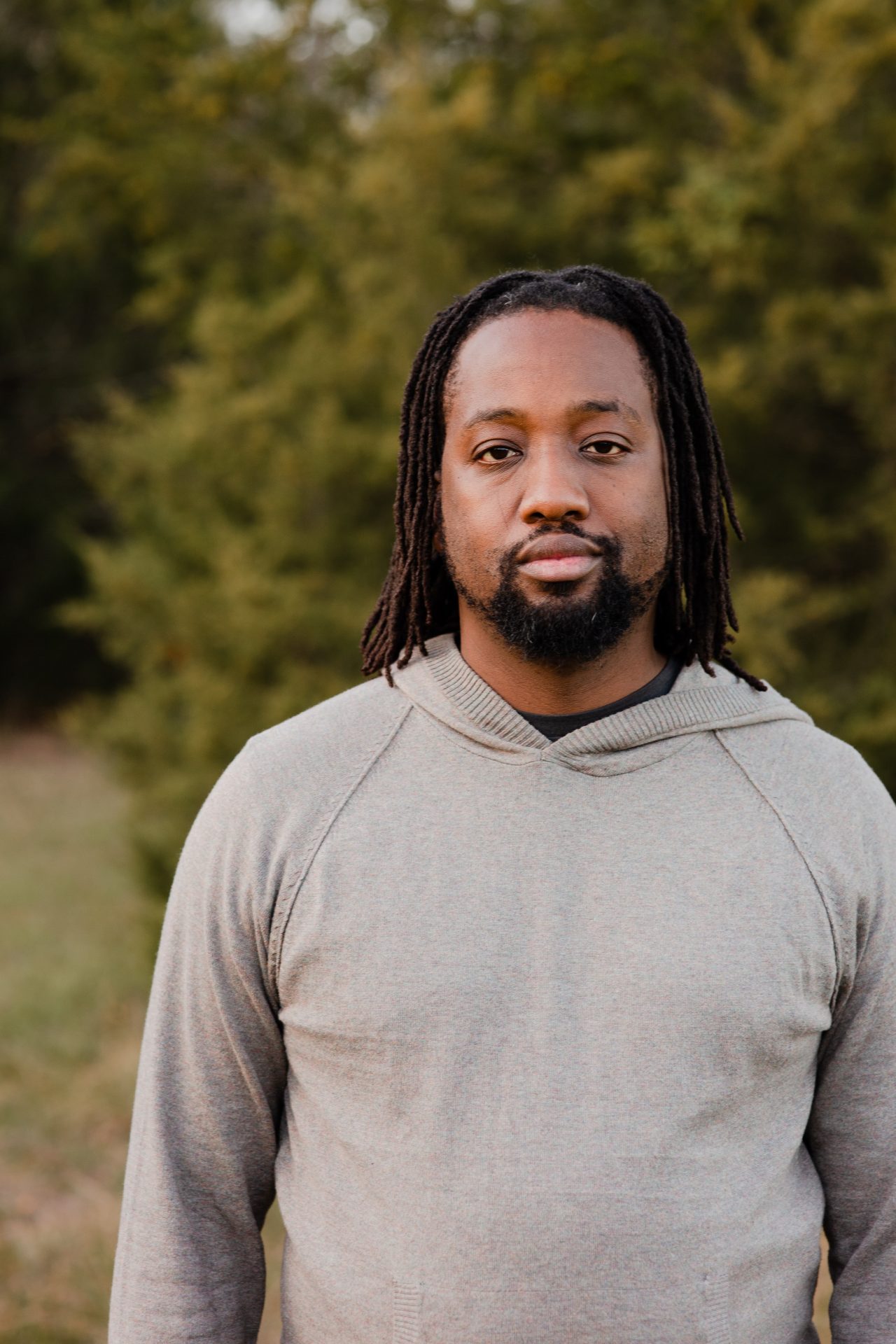



Leave a Reply
Want to join the discussion?Feel free to contribute!